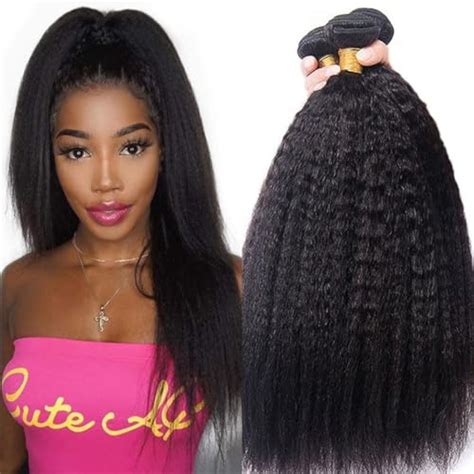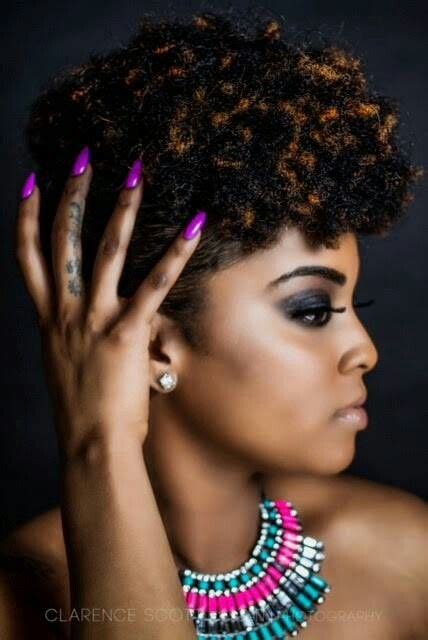Introduction
Natural black African hairstyles have captivated the world with their intricate patterns, vibrant hues, and cultural significance. From regal cornrows to flowing dreadlocks, these hairstyles showcase the diverse beauty and resilience of the African diaspora. In this comprehensive guide, we explore the rich history, cultural impact, and modern-day trends of natural black African hairstyles.

History of Natural Black African Hairstyles
African hair has a rich history dating back centuries, with hairstyles serving as a form of self-expression, cultural identity, and social status.
- Ancient Egypt: Egyptians adorned their hair with intricate braids, wigs, and headdresses, often incorporating gemstones and precious metals.
- West Africa: Cornrows, dreadlocks, and sculpted hairstyles adorned the heads of West African tribes, symbolizing strength, fertility, and spiritual beliefs.
- Enslavement: During the transatlantic slave trade, African hairstyles were forcibly suppressed, but they remained a symbol of resistance and cultural continuity.
- Civil Rights Movement: The 1960s and ’70s marked a resurgence of natural black hairstyles, as they became a statement of political empowerment and racial pride.
Cultural Impact of Natural Black African Hairstyles
Natural black African hairstyles are deeply rooted in cultural traditions and beliefs.
- Cultural Identity: Hairstyles serve as a visible expression of cultural heritage, connecting individuals to their ancestors and community.
- Social Status: In many African societies, hairstyles indicate age, marital status, and social rank.
- Spiritual Beliefs: Certain hairstyles are believed to have spiritual significance, such as dreadlocks, which are often associated with Rastafarian culture.
Modern-Day Trends in Natural Black African Hairstyles
Natural black African hairstyles are experiencing a renaissance in popularity, with numerous variations and styles emerging.
- Protective Styles: Box braids, cornrows, and Bantu knots are popular protective styles that shield hair from damage and promote growth.
- Natural Texture: Curly, coiled, and kinky hair textures are celebrated and styled with products designed to enhance their natural beauty.
- Creative Braiding: Intricate braids, such as butterfly braids, Goddess braids, and faux locs, add a touch of artistry and individuality.
- Accessorized Styles: Headbands, scarves, and hair jewelry are used to adorn and enhance hairstyles.
Benefits of Natural Black African Hairstyles
Embracing natural black African hairstyles offers numerous benefits:
- Hair Health: Protective styles minimize manipulation and promote hair growth.
- Natural Beauty: Natural textures are celebrated and accentuated, fostering self-confidence.
- Cultural Expression: Hairstyles provide a platform for expressing cultural identity and heritage.
- Versatility: African hairstyles are versatile, allowing for countless variations and customizations.
Tips and Tricks for Styling Natural Black African Hair
- Choose the Right Products: Use products specifically designed for African hair types, such as those containing moisturizing and strengthening ingredients.
- Deep Condition Regularly: Deep conditioning nourishes and strengthens hair, reducing breakage.
- Moisturize and Seal: Apply leave-in conditioners and oils to keep hair hydrated and prevent dryness.
- Protect from Heat: Minimize the use of heat styling tools, as they can damage hair.
- Experiment with Styles: Explore different braid patterns, buns, and twists to find styles that flatter your face shape and hair type.
FAQs
-
Is it acceptable to wear African hairstyles if I am not of African descent?
It is generally acceptable to appreciate and adopt African hairstyles, provided that it is done with respect and cultural sensitivity. -
Can natural black African hairstyles damage hair?
Protective styles can help prevent damage, while excessive manipulation, tight braiding, and heat styling can cause breakage. -
How often should I wash natural black African hair?
Washing frequency depends on hair type and personal preference. Some opt for weekly washes, while others wash less frequently. -
What are the best hairstyles for thick natural hair?
Thick natural hair is well-suited for protective styles, such as box braids, cornrows, and Bantu knots. -
What hairstyles are flattering for round faces?
Asymmetrical braids, side-swept bangs, and high buns can help elongate round faces. -
How do I care for dreadlocks?
Dreadlocks require regular locking, maintenance, and moisturizing to prevent buildup and tangling. -
Can I wear natural black African hairstyles to work or formal events?
Natural black African hairstyles are becoming increasingly accepted in professional and formal settings. However, it is important to consider the specific dress code and industry standards. -
Is it okay to style natural black African hair every day?
Excessive styling can damage hair. It is best to alternate between protective styles and low-manipulation days to promote hair health.
| Hair Type | Characteristics | Common Hairstyles |
|---|---|---|
| Type 3A | Loose, large curls | Cornrows, Bantu knots, wash-and-go |
| Type 3B | Medium-sized, springy curls | Box braids, twists, buns |
| Type 3C | Tight, corkscrew curls | Dreadlocks, Afros, braids |
| Type 4A | Coily, S-shaped curls | Twist-outs, braid-outs, wash-and-go |
| Protective Style | Description | Benefits |
|---|---|---|
| Cornrows | Tightly braided rows of hair | Promotes hair growth, minimizes breakage |
| Box Braids | Square-shaped braids | Provides a versatile protective style, can be customized |
| Dreadlocks | Interlocked, matted hair | Spiritual significance, low-maintenance |
| Bantu Knots | Small, coiled knots | Enhances natural curl pattern, protective |
| Hair Care Regime | Frequency | Benefits |
|---|---|---|
| Wash | Weekly or less | Removes dirt and product buildup |
| Deep Condition | Monthly | Nurtures and strengthens hair |
| Moisturize | Daily or as needed | Keeps hair hydrated and prevents dryness |
| Seal | After moisturizing | Locks in moisture and protects hair |
| Hairstyle Inspiration | Celebrities | Styles |
|---|---|---|
| Cultural Icon | Lupita Nyong’o | Cornrows, box braids, traditional updos |
| Modern Queen | Beyoncé | Natural curls, braids, buns |
| Style Chameleon | Solange Knowles | Afro, dreadlocks, experimental braids |
| Trailblazer | Rihanna | Long braids, short crops, colorful weaves |
